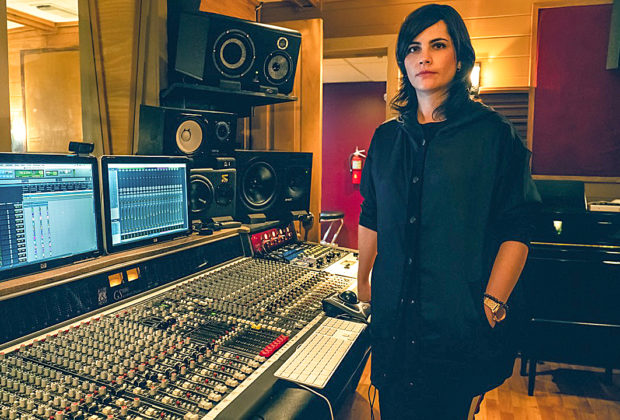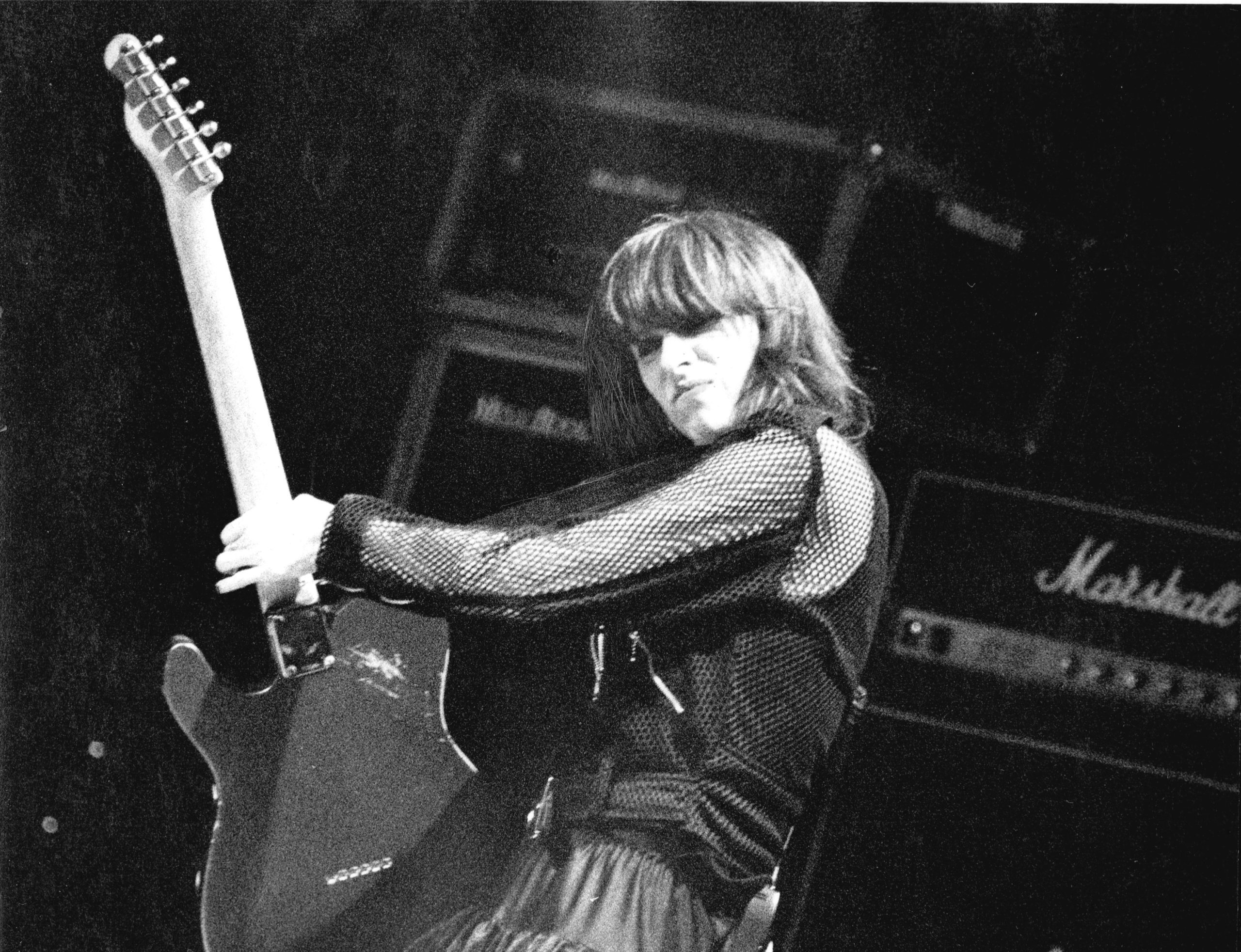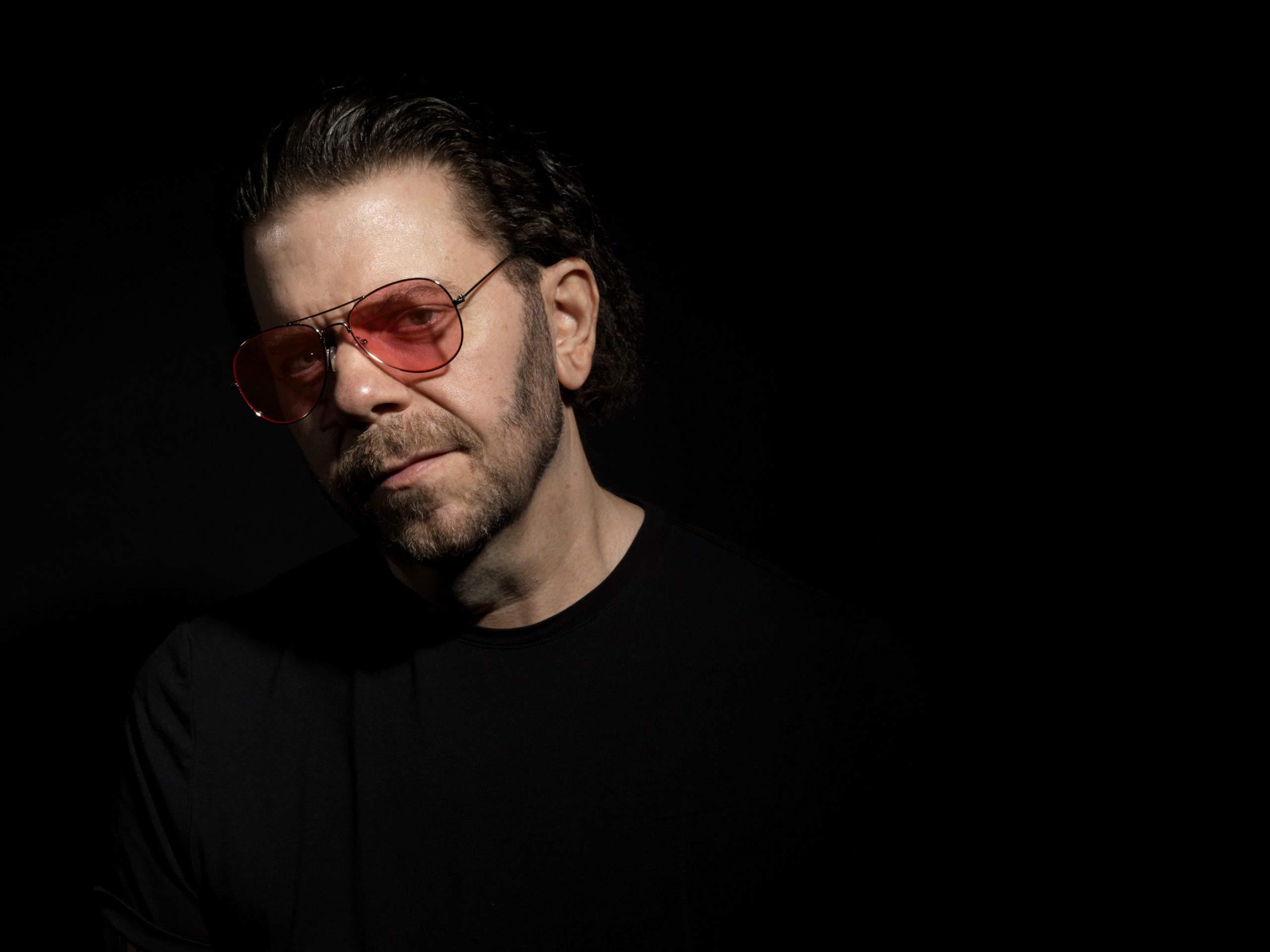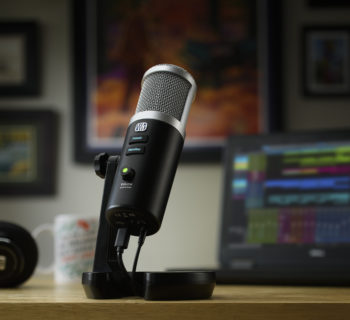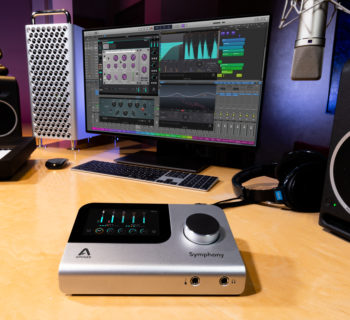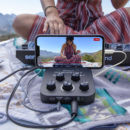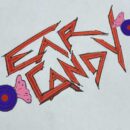Producer and engineer Maria Elisa Ayerbe launched her career in Bogota, Colombia. Before she even began an audio engineering program in Chile, she’d already worked in TV post-production and earned an album credit. But at the time, there weren’t many studios in Colombia, so in 2012 she made for Murfreesboro, TN to pursue her master’s degree in audio recording.
A short time later she raised the stakes with a move to nearby Nashville as she sharpened her skills and tightened her focus. In 2015, she was offered a contract in Miami, seized the opportunity and now runs her own studio there. She’s since worked with an array of artists that includes Jennifer Lopez, Mary J. Blige and Ricky Martin. These days, mixing comprises about 80 percent of her work.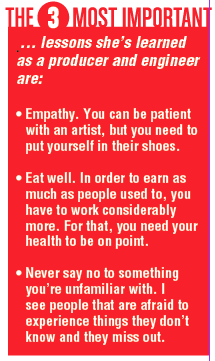
Ayerbe has run her label South Mountain Music for the past six years and currently has five bands signed to it. As with any venture, it comes with unique and often unforeseen challenges. “Being an indie record label owner is hard because you don’t have the budgets [of major labels], especially in the Latino industry,” she explains. “The idea for South Mountain was to formalize and ease the production costs for Latin American artists and to introduce them to the streaming world, because it isn’t as big in South America. Many of them got stuck with bad deals or debt and gave up. Labels commonly want to hold onto bands’ masters, but they’re not doing anything with them.”
The vast majority of the time Ayerbe finds that artists remark upon her being a female engineer in a male-dominated industry. “[Artists] tell me that it can be intimidating when booking studio time. As a producer or engineer, you demand that they display their hearts on their sleeves; to tell you so much that’s intimate through songs in a short amount of time. That’s unsettling for a lot of artists and they have to pretend that they’re at ease and comfortable. By not being a guy with an imposing presence––and by being myself and motherly––I bring down those barriers. I ask them questions and engage on a personal level; I try to be empathic. That’s something that’s often missed in a studio experience.”
Since 2015, Ayerbe has been a member of SoundGirls, an organization of women in audio. One of the inequalities she often sees originates on the business side rather than the creative. “The biggest problem comes from label people, because they’re not used to working with women,” she asserts. “They’re the ones that make or break whether the project gets funded. I work in the indie industry and get very few label projects, because at some point someone isn’t ready to work with a woman. Almost every other female in production and engineering that I know––Emily Lazar aside––works in the indie market. But it is changing. Ebonie Smith at Atlantic, for example. She’s an incredible engineer.”
Recently Ayerbe became one of the hosts of the HBO show A Tiny Audience, in which an artist performs on an intimate scale and then discusses the songs.
Contact info@southmountain.media,

